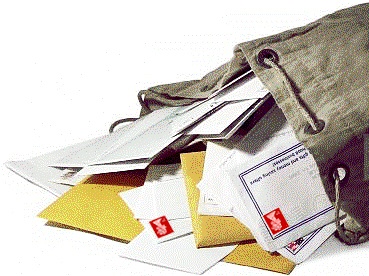 WHERE'S THE INDOMITABLE SPIRIT?
What a contrast from 1946, when Australia, following the end of the Second World War, felt isolated from Britain and were desperate to renew international sport.
Their sport had been severely restricted due to a lack of young men being available.
The only visitors to Australian shores during the war had been
WHERE'S THE INDOMITABLE SPIRIT?
What a contrast from 1946, when Australia, following the end of the Second World War, felt isolated from Britain and were desperate to renew international sport.
Their sport had been severely restricted due to a lack of young men being available.
The only visitors to Australian shores during the war had been League Express Mailbag – Monday 9th August
 WHERE'S THE INDOMITABLE SPIRIT?
What a contrast from 1946, when Australia, following the end of the Second World War, felt isolated from Britain and were desperate to renew international sport.
Their sport had been severely restricted due to a lack of young men being available.
The only visitors to Australian shores during the war had been
WHERE'S THE INDOMITABLE SPIRIT?
What a contrast from 1946, when Australia, following the end of the Second World War, felt isolated from Britain and were desperate to renew international sport.
Their sport had been severely restricted due to a lack of young men being available.
The only visitors to Australian shores during the war had been 